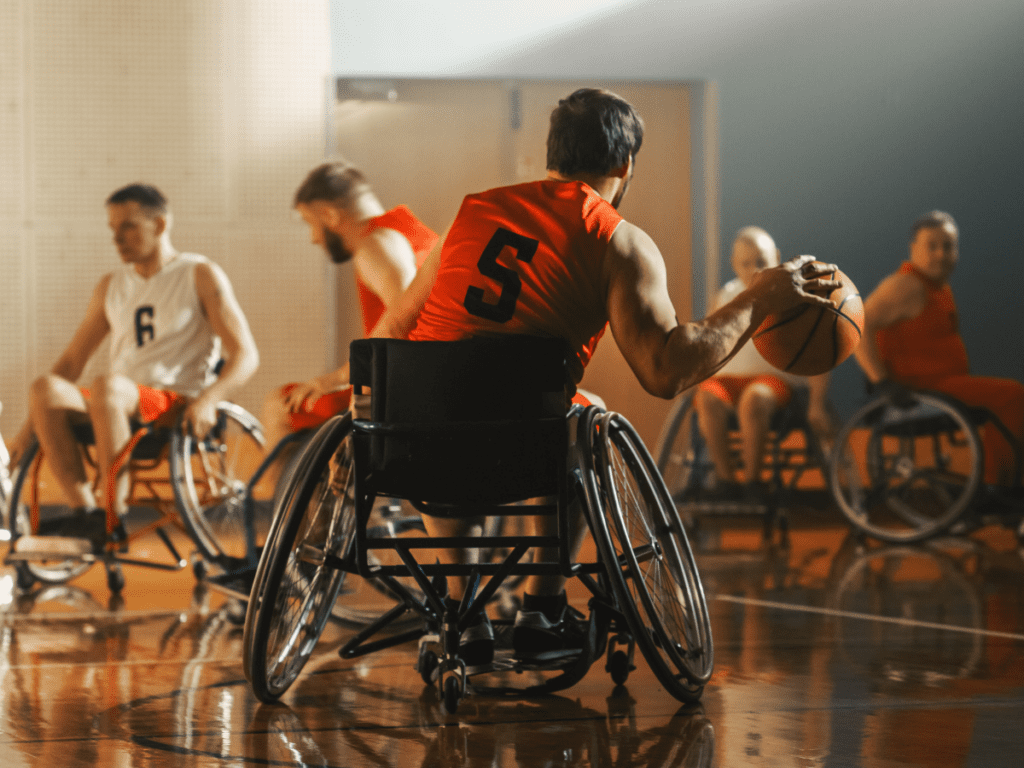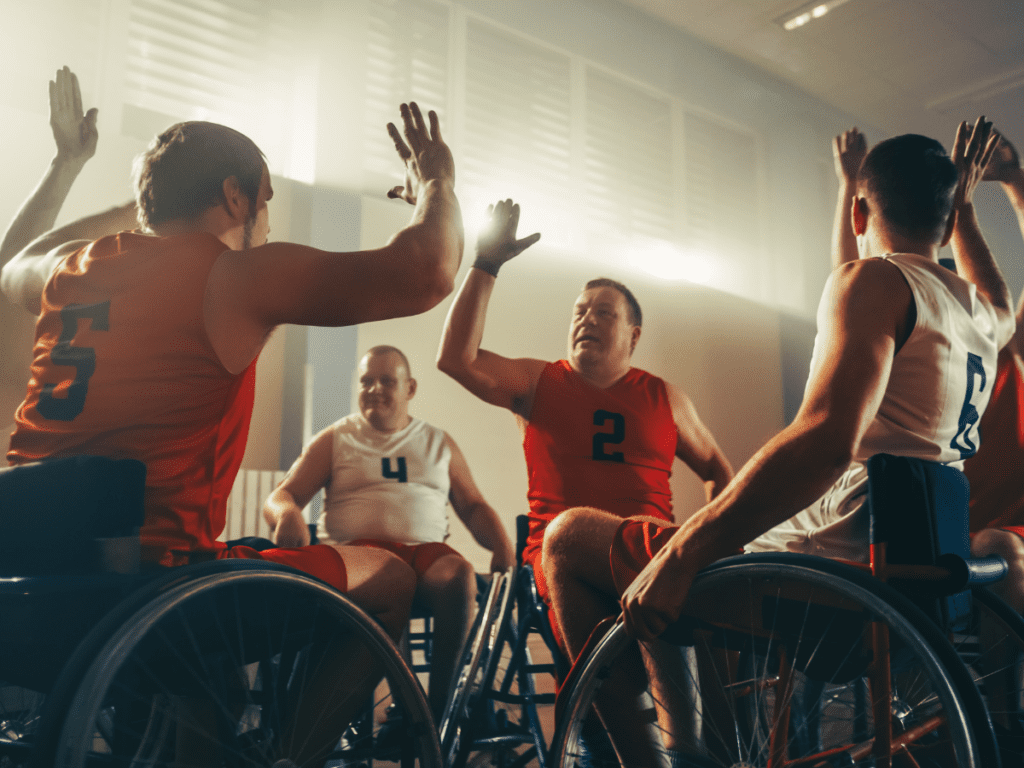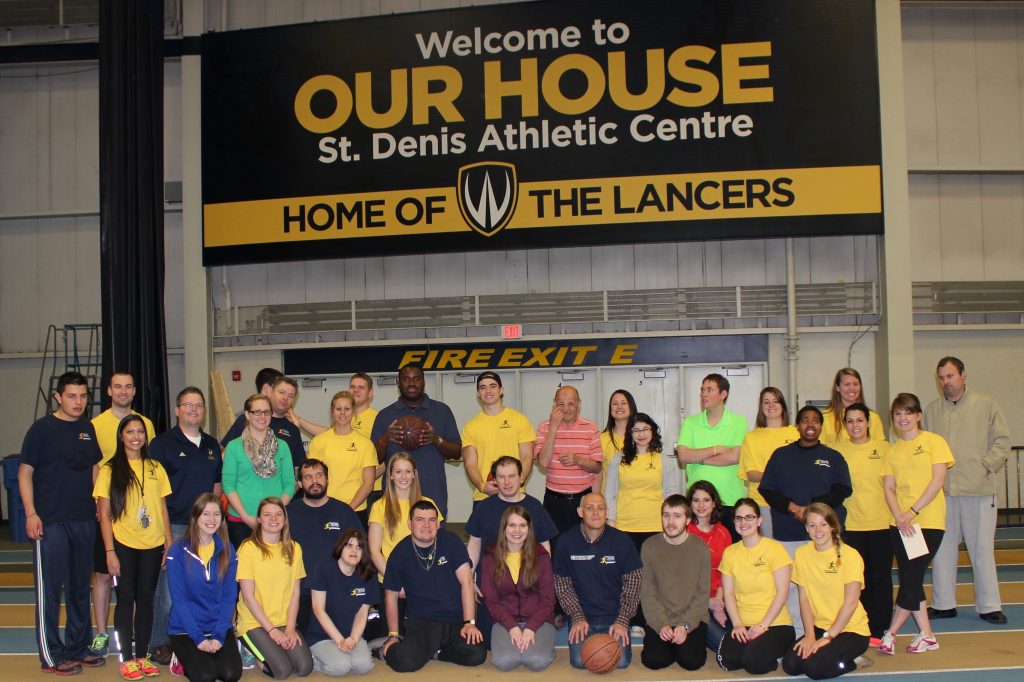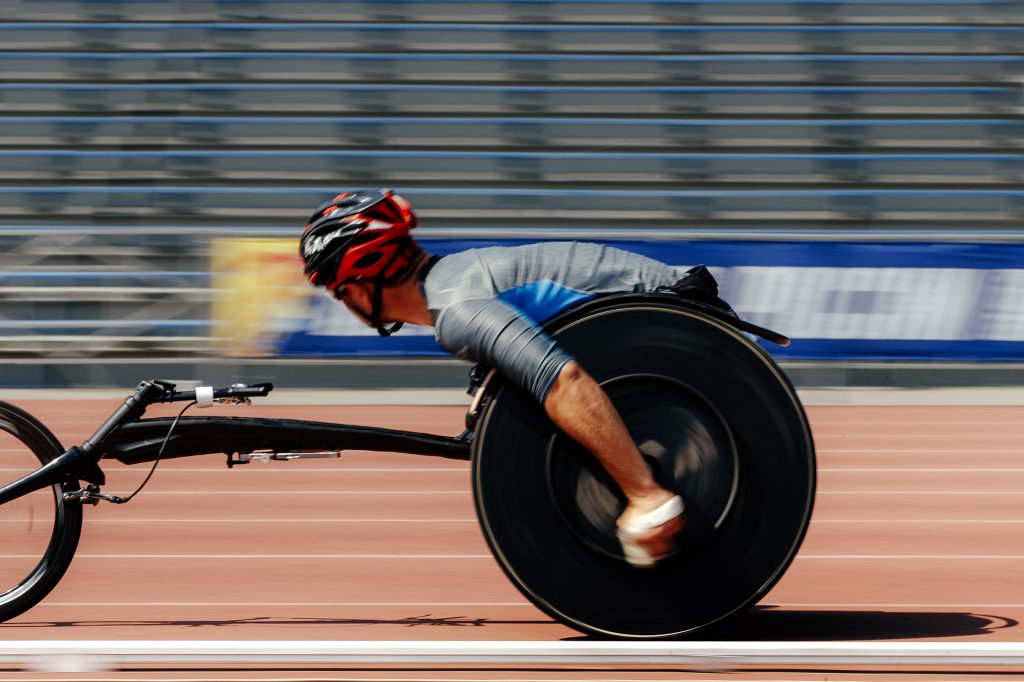Tips to engage adults with intellectual and developmental disability in sport and physical activity

Exercise leads to many benefits for individuals with intellectual and developmental disability (IDD), including those diagnosed with autism spectrum disorder (ASD). These include improved physical and mental health, increased community engagement, and, amongst individuals with ASD, a decrease in repetitive behaviours that often result in functional and social impairment. The Adapted Physical Exercise (APEX) Research…
Changing attitudes towards people living with a disability
Integrated physical activity programs for individuals with intellectual and developmental disabilities not only offer benefits for participants, they can also influence the attitudes and behaviours of others. Learn how the APEX program is impacting support workers, program volunteers, and other members of the University of Windsor community, in the SIRCuit.
Remembrance Day 2020
November 11th is Remembrance Day. Today, and every day, we remember Canada’s veterans, and their service and sacrifice for our country. Sport and physical activity programs can have a positive impact on the wellbeing of veterans experiencing physical disability or post-traumatic stress disorder (PTSD). Beyond providing enjoyable experiences, research finds participation can support personal growth…
Getting the ball rolling: Sport and leisure time physical activity promotion among individuals with acquired physical disabilities

Project Summary Despite the physical and psychosocial benefits on engaging in sport as a form of leisure time physical activity (LTPA), only 3% of individuals with acquired physical disabilities participate in sport. This project was composed of four studies that the theoretical and contextual factors that influence sport participation in this population. The first study…
Adapting Sport and Physical Activity for Individuals with IDD: Highlighting a Decade of Inclusion and Outcomes

The Adapted Physical Exercise (APEX) Research Group at the University of Windsor leverages the transformative power of sport and physical activity through inclusive, barrier-free programming for adults with intellectual and developmental disability (IDD). In collaboration with Community Living Essex County, APEX delivers volunteer-led, one-on-one fitness training at the University of Windsor’s fitness facility. The purpose of this article is to summarize our key findings and recommendations from…
Program Promotion
Do your promotional strategies include the necessary information for athletes experiencing disability to feel safe, welcomed and confident in their participation? Don’t forget accessibility information, local transportation options, specialized equipment available, level of challenge, and coach certification.
Becoming Para Ready

In 2017, 6.2 million Canadians reported having a disability and it was estimated that only 3% of those individuals engaged in regular organized physical activity (Statistics Canada, 2017; Government of Canada, 2012). Of the often-limited opportunities available, individuals experiencing disability may choose to participate through either segregated or integrated programs. Segregated sport programs are typically…
Accessibility During COVID-19
Accessing healthcare and other services (including sport, recreation, and social activities) during the pandemic may be particularly challenging for people with disabilities. Sport organizations can help to mitigate these challenges by planning virtual events (e.g., guest speakers, trivia), promoting a healthy lifestyle (e.g., video tutorials on adapted physical activity), and sharing information from public health…
Inclusion Must Be Intentional

According to the Oxford English Dictionary, “inclusion” is the action or state of including or of being included within a group or structure. True inclusion involves authentic and empowered participation and a true sense of belonging for all participants. However, if we want to be successful with inclusion, we must intentionally plan for it –…
Inclusive Return to Play
With return to play top of mind for many sport organizations, it’s important to remember that no one should be left out. Developing an inclusive return to play plan (that, for example, considers the needs of persons with disabilities) is crucial for ensuring that all Canadians have safe and equitable access to sport and recreation…